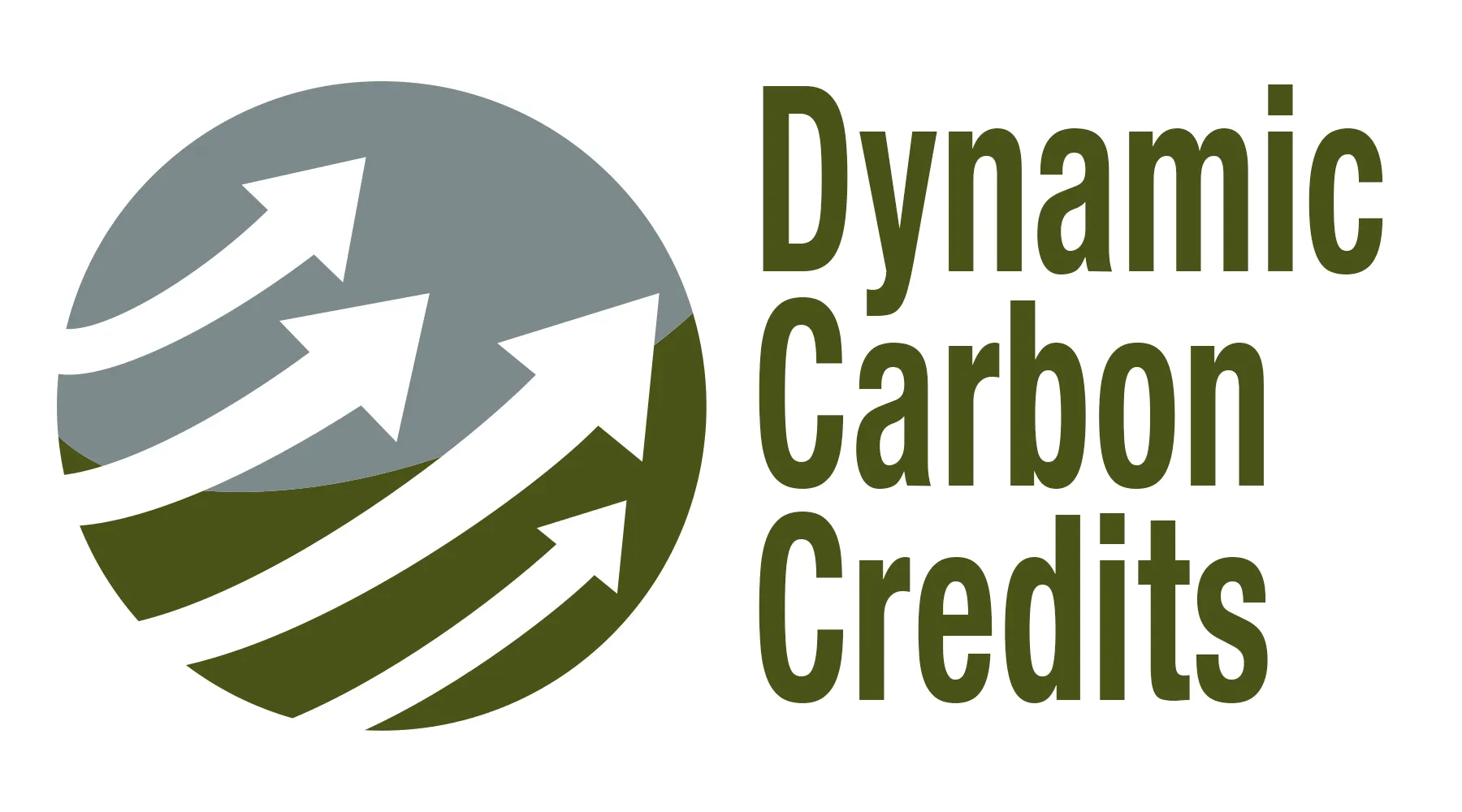The carbon credit market has a trust problem. Vague accounting and opaque systems have led to rampant greenwashing accusations, putting corporate reputations on the line. Blockchain technology solves this by creating an unchangeable, transparent digital ledger for every single carbon credit, from its creation to its retirement. Dynamic Carbon Credits leverages this cutting-edge technology to provide Fortune 500 companies with fully auditable, high-integrity carbon removals, transforming climate commitments from a liability into a verifiable asset.

The Billion-Dollar Question Mark: A Crisis of Confidence
Imagine this: Your company has just invested millions in high-quality carbon credits to meet its net-zero goals. The press release is out, the ESG report is glowing, and your CEO is speaking at a global sustainability summit. Then, an investigative report drops. It reveals that the credits you purchased were from a project that would have happened anyway, or worse, the same credits were sold to three other companies. The public outcry is swift. The charge: greenwashing. Your brand reputation, built over decades, is now at risk.
This isn’t a hypothetical nightmare; it’s the reality haunting Chief Sustainability Officers across the Fortune 500. The voluntary carbon market, a critical tool in the fight against climate change, is suffering from a profound crisis of confidence. The core of the problem is a surprisingly analog weakness in a digital world: trust.
How can a CSO be 100% certain the credit they bought represents one real ton of removed carbon? How can they prove it hasn’t been counted twice? For years, the answer has been a frustrating “you have to trust the system.” But in an era of shareholder activism and regulatory scrutiny, “trust me” is no longer a viable strategy.
The Ghost in the Machine: Why Traditional Registries Fail the Trust Test
The traditional systems for tracking carbon credits were revolutionary for their time, but they operate like a series of disconnected, private ledgers. Think of them as separate spreadsheets managed by different organizations, updated manually, and reconciled periodically. This architecture creates several critical vulnerabilities:
- Opacity:
It’s incredibly difficult for a buyer to trace a credit back to its absolute origin and verify the data behind its creation. The chain of custody is murky. - Double-Counting:
The lack of a single, shared source of truth creates the risk that a single ton of carbon removal could be issued as multiple credits or sold more than once across different, non-communicating registries. - Time Lags:
The retirement of a credit – the final step where it’s taken out of circulation – can be delayed, leaving a window of ambiguity where its ownership and status are unclear.
These aren’t just technical flaws; they are business risks. They create the very loopholes that enable greenwashing, intentional or not, and undermine the integrity of a company’s entire climate strategy.
Enter the Unchangeable Ledger: Blockchain for Bulletproof Transparency
What if every carbon credit could be given a unique, digital fingerprint? What if its entire life story – from the moment the carbon was captured on a farm to the second it was retired by your company – was recorded in a public, un-editable book for all to see?
That is the promise of blockchain carbon credits.
Forget the cryptocurrency hype. At its core, blockchain is a distributed ledger technology – a shared database that is cryptographically secured. For the carbon market, its power lies in three simple, game-changing features:
- Immutability:
Once a transaction (like the creation or sale of a credit) is recorded on the ledger, it cannot be altered or deleted. It is permanent and tamper-proof. - Transparency:
All authorized parties view the exact same ledger in real-time. This eliminates data silos and creates a single, undisputed source of truth for every credit in existence. - Traceability:
A credit can be “tokenized,” creating a unique digital asset. This token acts as a digital passport, carrying all relevant data – project type, location, verification reports, vintage year – and tracking its journey from owner to owner with perfect clarity.
This isn’t a minor upgrade. This is a fundamental rewiring of the market’s DNA, replacing opaque, trust-based systems with a new foundation of verifiable, mathematical certainty.
Dynamic Carbon Credits: Where High-Tech Meets High-Integrity
At Dynamic Carbon Credits, we recognized that the most innovative carbon removal solutions – like our advanced biochar and plant-based Direct Air Capture (DAC) – would be meaningless without an equally innovative system to guarantee their integrity. Technology isn’t just an add-on for us; it’s the essential vehicle for delivering trust.
By leveraging institutional-grade digital asset solutions, we tokenize the high-integrity credits generated from our projects. When a Fortune 500 partner purchases a credit from us, they aren’t just getting a line item on a certificate. They are receiving a unique digital asset on a blockchain.
This digital token is hard-coded with the proof of its own value. It contains the verification data that proves its additionality (the carbon removal would not have happened otherwise) and its permanence (the carbon is locked away for centuries). The retirement of the token is a public, cryptographic event, instantly and permanently removing the credit from circulation and providing our clients with an auditable, ironclad record of their climate action.
“Our vision was never just about removing carbon; it was about rebuilding trust. We believe that true climate action must be transparent, and technology like blockchain provides the bedrock for that trust, making every claim verifiable and every dollar accountable.”
– Beau Parmenter, Dynamic Carbon Credits
The New Standard for Climate Leadership
The conversation around corporate sustainability is shifting. The focus is moving beyond mere commitments to demand demonstrable, auditable proof of impact. Companies that continue to rely on opaque credits from legacy systems are exposing themselves to significant reputational and financial risk.
Leaders in the new climate economy will be those who embrace transparency as a competitive advantage. They will be the ones who can confidently show their investors, customers, and regulators an unchangeable record of their carbon removals.
The technology to eliminate greenwashing and bring radical transparency to the carbon market is no longer a future concept; it’s here. It provides the only true path forward for companies that are serious about not just making promises, but proving them.
Is your climate strategy built on a foundation of verifiable truth?
Don’t let your company’s reputation hinge on ambiguity. Partner with Dynamic Carbon Credits to secure your climate legacy with high-integrity, blockchain-verified carbon removals.

